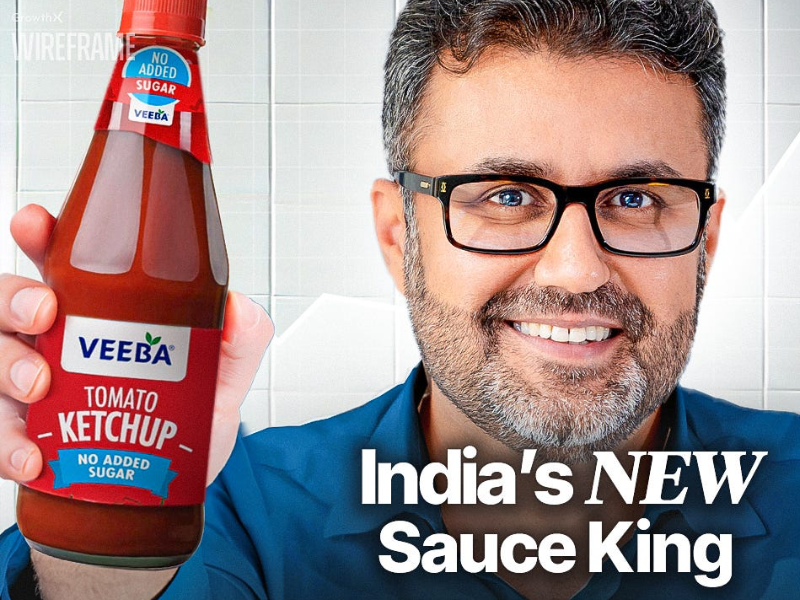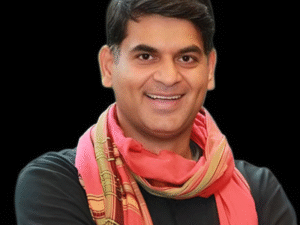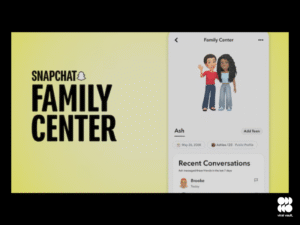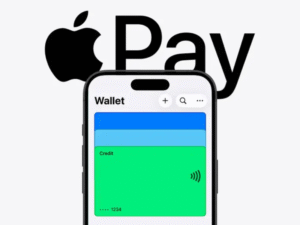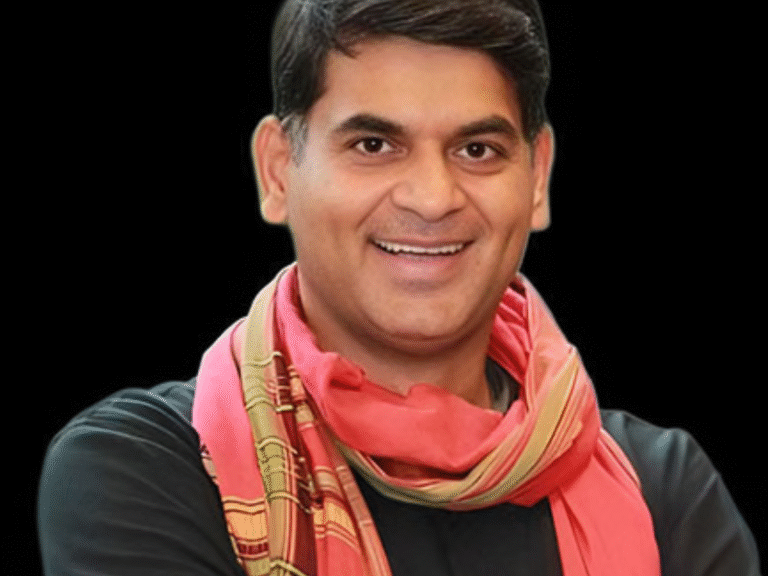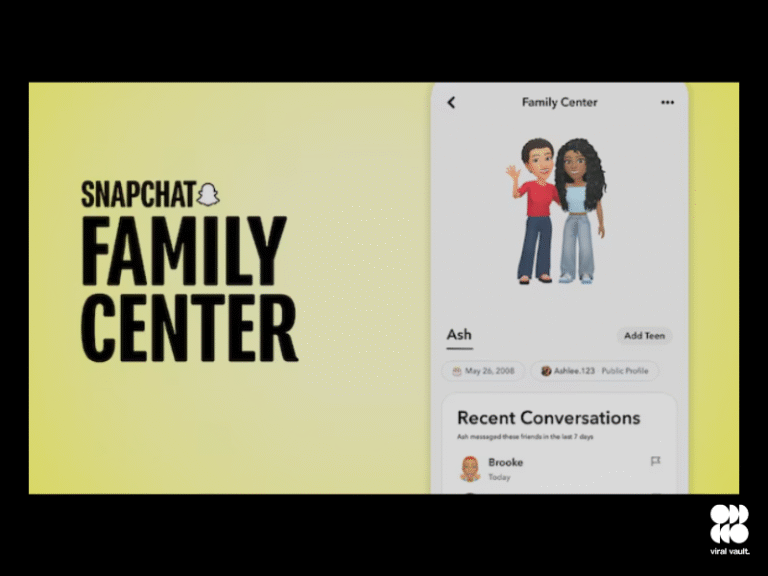“If I wouldn’t give it to my sons, I won’t sell it to yours.” That’s the principle Viraj Bahl built Veeba on – now a ₹1,000 crore FMCG brand present in over 1,00,000 stores.
But success came only after a hard reset.
In 2011, Bahl launched a quick-service restaurant called Pocketful, serving naan pockets stuffed with Indian favourites. The food worked. The business didn’t. Poor locations and rushed expansion forced a shutdown. Out of funds, he asked his wife if they could sell their home to try one last time. She agreed.
That leap of faith became Veeba.
While running the restaurant, Bahl noticed most sauces – even basic ones – were imported at high costs. So in 2013, he set up a manufacturing plant in Neemrana to make them himself. It was risky but allowed complete control over quality.
Persistence paid off. After six months, Domino’s placed a 20-ton mayo order. Soon, Veeba was supplying to KFC, Taco Bell, and Burger King.
For retail, Veeba launched globally inspired dressings – not ketchup – giving the brand a premium feel. It grew steadily, not through influencer campaigns or D2C hype, but by walking into kirana stores and building distribution, one shelf at a time.
Since 2017, Veeba hasn’t raised external capital. It remains profitable, disciplined, and grounded.
The secret? A wide portfolio, in-house manufacturing, smart pricing – and a founder obsessed with doing the small things right.
“Boring is sexy,” Bahl says. For Veeba, it was also a billion-rupee strategy.




